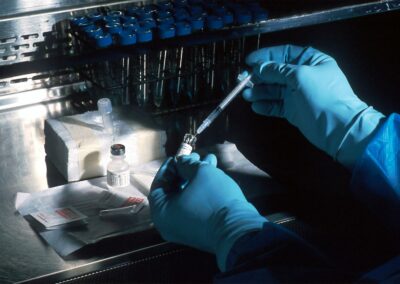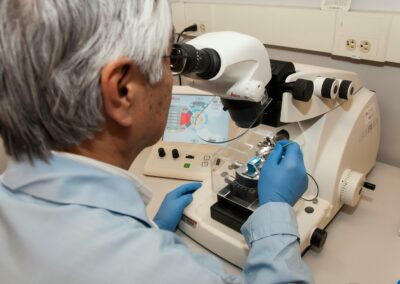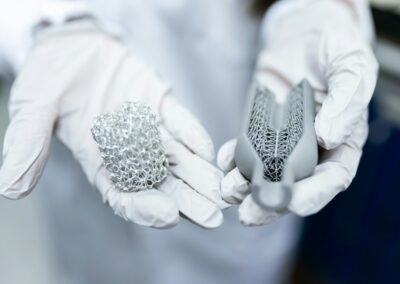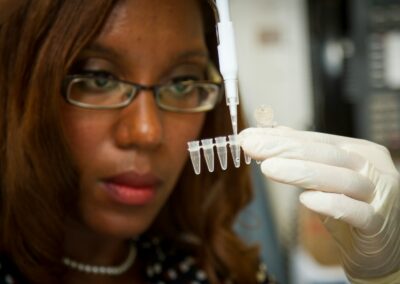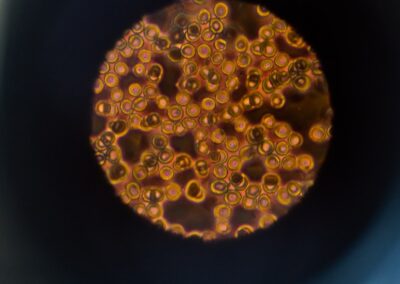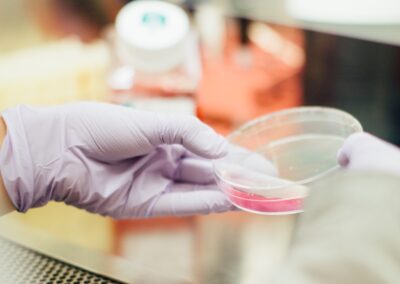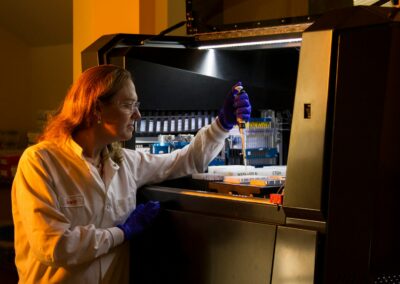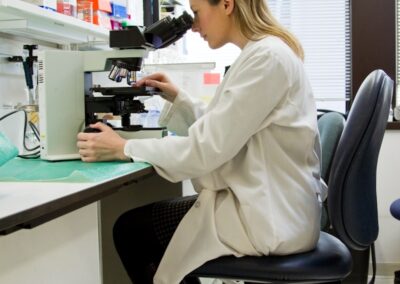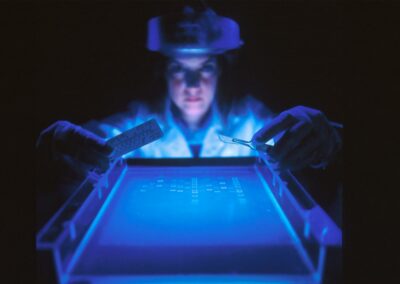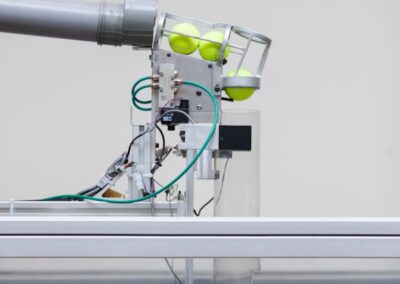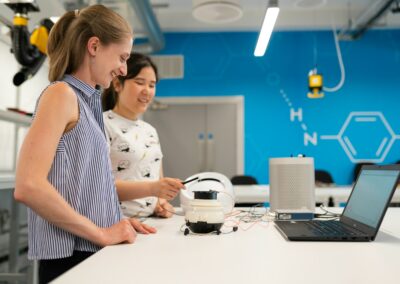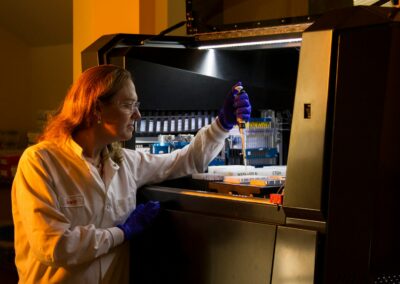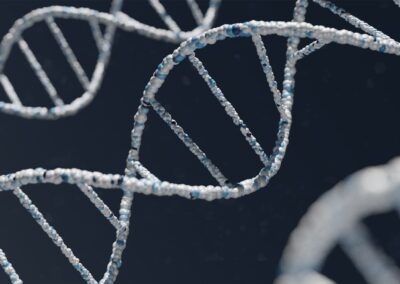Addressing the Ethical and Social Implications
The Rise of Genetic Engineering for Human Enhancement
In recent years, genetic engineering for human enhancement has emerged as a groundbreaking field with the potential to revolutionize medicine, human capabilities, and societal norms. Leveraging technologies such as CRISPR-Cas9, scientists can now edit genes with unprecedented precision, offering possibilities for eradicating genetic disorders and enhancing physical and cognitive traits. This transformative potential is particularly relevant in technologically advanced regions like Saudi Arabia and the UAE, where innovation in biotechnology is being actively pursued.
Saudi Arabia’s Vision 2030 aims to position the country as a leader in various high-tech industries, including biotechnology. Genetic engineering holds promise for improving public health by eliminating hereditary diseases and enhancing human abilities. However, these advancements also raise profound ethical and social questions about the impact on human identity and individuality. As genetic enhancements become more prevalent, there is a risk of creating a societal divide between those with access to such technologies and those without, potentially leading to new forms of inequality.
Dubai and the broader UAE have also invested heavily in biotech research and development. The UAE’s commitment to innovation is evident in its strategic initiatives aimed at integrating cutting-edge technologies into healthcare and beyond. While the potential benefits of genetic engineering are vast, including increased lifespan and improved quality of life, the ethical implications must be carefully considered. The challenge lies in balancing the pursuit of scientific progress with the preservation of fundamental human values and social cohesion.
Impact on Human Identity and Individuality
The potential for genetic engineering for human enhancement to alter fundamental aspects of human identity and individuality cannot be overlooked. One of the primary concerns is the possibility of diminishing the uniqueness of individuals. If genetic modifications become widespread, the traits that make each person unique could be standardized, leading to a loss of diversity that is essential for a vibrant and dynamic society. This standardization could affect everything from physical appearance to cognitive abilities, fundamentally altering what it means to be human.
In Saudi Arabia and the UAE, where cultural and social identity plays a significant role, the implications of genetic enhancement are particularly poignant. The integration of enhanced traits could challenge traditional notions of identity and belonging. For instance, if genetic modifications enable superior cognitive or physical abilities, there may be societal pressure to conform to these enhanced standards, marginalizing those who remain unmodified. This could lead to new forms of social stratification based on genetic makeup.
Moreover, the pursuit of genetic enhancements raises questions about the authenticity of achievements and personal merit. In a world where genetic modifications can enhance intelligence, physical prowess, or creativity, the line between natural talent and engineered abilities becomes blurred. This could impact self-perception and societal recognition of individual accomplishments, potentially undermining the value placed on hard work and perseverance.
Addressing Ethical and Social Implications
To address the ethical and social implications of genetic engineering for human enhancement, a comprehensive framework that includes regulatory oversight, public engagement, and ethical guidelines is essential. In Riyadh, the establishment of bioethics committees and regulatory bodies can ensure that genetic research and applications adhere to ethical standards that protect human dignity and social equity. These bodies can provide oversight to prevent the misuse of genetic technologies and ensure that enhancements are accessible and beneficial to all segments of society.
Public engagement is crucial in shaping the ethical landscape of genetic engineering. By fostering open dialogues and involving diverse stakeholders, including ethicists, scientists, policymakers, and the public, Saudi Arabia and the UAE can develop policies that reflect societal values and concerns. Educational campaigns can raise awareness about the potential and limitations of genetic engineering, helping to build a well-informed public that can contribute to ethical decision-making processes.
In Dubai, partnerships between government, industry, and academia can drive the development of ethical guidelines for genetic enhancements. Collaborative efforts can focus on creating standards that prioritize human well-being, fairness, and transparency. These guidelines should address issues such as informed consent, equitable access to genetic technologies, and the long-term societal impacts of genetic enhancements.
Conclusion
The potential consequences of genetic engineering for human enhancement on identity and individuality are profound and multifaceted. By proactively addressing the ethical and social implications, Saudi Arabia and the UAE can ensure that their advancements in biotechnology contribute to a future that respects and enhances human diversity and dignity. Through regulatory oversight, public engagement, and collaborative efforts, these nations can lead the way in creating a balanced approach to genetic engineering that benefits all of humanity.
#GeneticEngineeringForHumanEnhancement #HumanIdentity #Individuality #GeneticEthics #AIinGenetics #SaudiArabiaTechnology #UAEBiotechInitiatives #RiyadhGeneticResearch #DubaiBiotechAdvancements #AI #Blockchain #TheMetaverse #GenerativeAI #BusinessSuccess #LeadershipSkills #ManagementSkills #ProjectManagement


